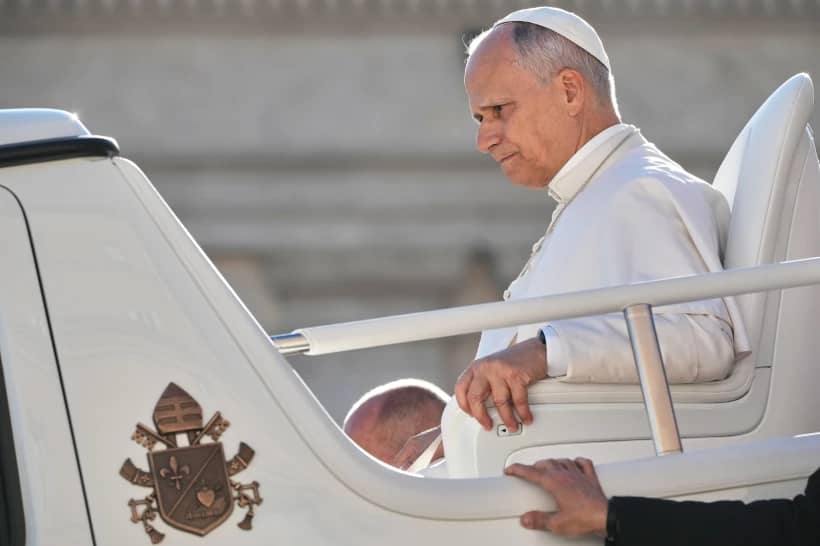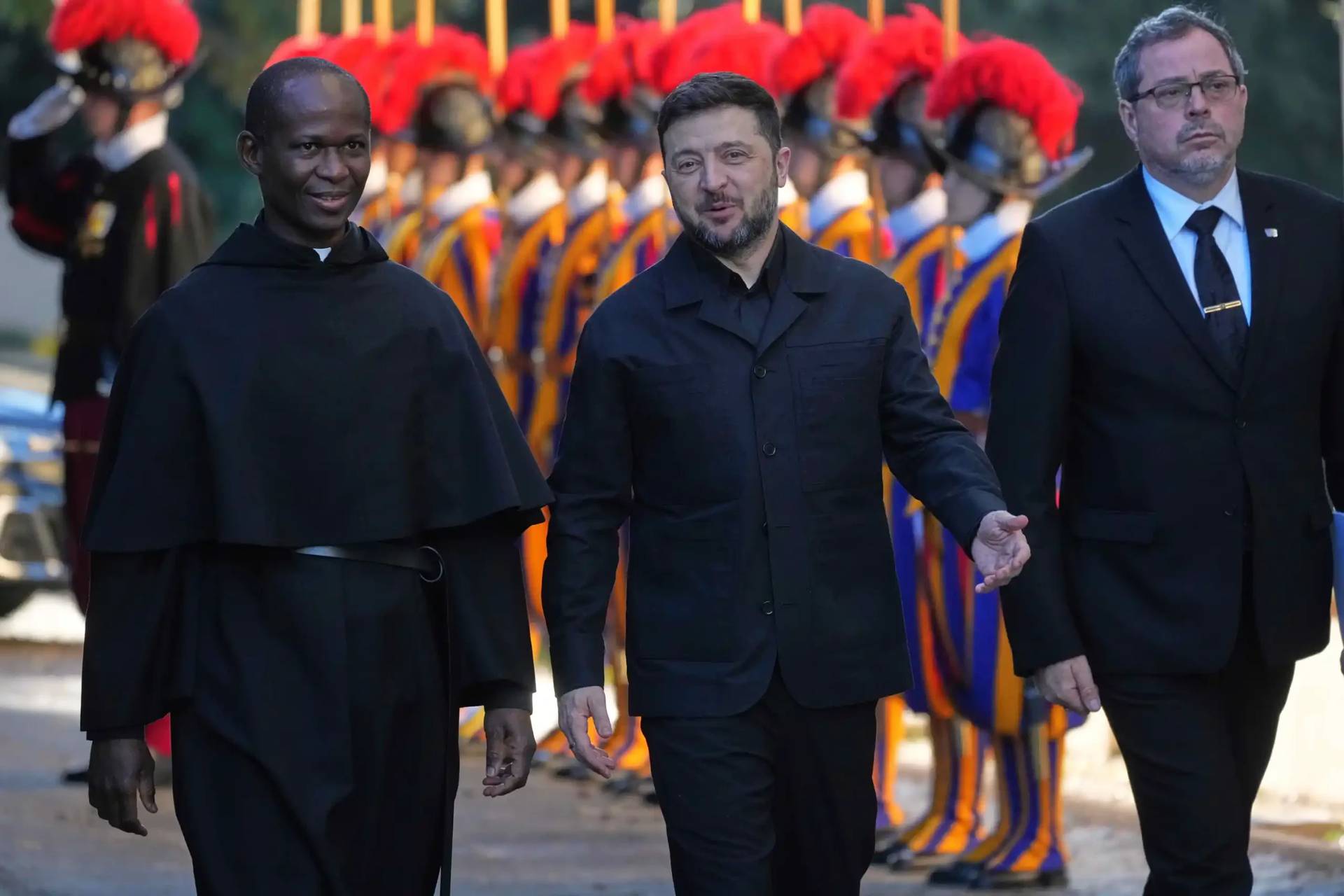ROME — A beta version of a new website featuring resources for the prevention of clerical sexual abuse around the world made its debut on Tuesday, launched by the Pontifical Commission for the Protection of Minors created by Pope Francis and led by Cardinal Sean O’Malley of Boston.
The site includes a template for anti-abuse guidelines each local church was asked to produce back in 2011, under emeritus Pope Benedict XVI.
The site, conceived as a way to share the knowledge and resources the commission has on safeguarding children and caring for survivors, is currently only available in English, but with other major languages following soon.
Emer McCarthy, project manager of the papal commission, told Crux that Spanish is the next goal, followed by French, and eventually Italian, German and Portuguese.
Although the website has a focus on sharing the commission’s activities, McCarthy underlined that it’s not a PR exercise but a tool that will “hopefully help people.”
The guidelines referred to on the site were requested through a 2011 Circular Letter from the Congregation for the Doctrine of the Faith sent to all the bishops in the world. However, some dioceses and bishops conferences, particularly in developing countries, haven’t yet produced them.
According to the commission’s website, the template is also a response to a second circular letter, this time from 2015, signed by Francis.
In it, the pontiff said the commission can be “a new, important and effective means for helping me to encourage and advance the commitment of the Church at every level – Episcopal Conferences, Dioceses, Institutes of Consecrated Life and Societies of Apostolic Life, and others – to take whatever steps are necessary to ensure the protection of minors and vulnerable adults.”
The website takes into account the requests of the original circular letter, adding the work that’s already being done by several bishops’ conferences, including the United States.
For the past year or so, the commission has been working in small groups, each focusing on different aspects related to the protection of minors and young adults from sexual abuse:
- Healing and care for victim/survivors and their families.
- Comprehensive guidelines in local Churches.
- Education of Church leadership and ecclesial communities.
- Initial and ongoing formation for clergy and religious in the protection of minors.
- Theology and spirituality.
- Canonical and civil norms governing the protection of minors.
Some of this work is presented on the website.
The group on theology and spirituality, for instance, is focusing on completing the texts and resources for a “Day of Prayer” for the survivors of sexual abuse, which every diocese around the world is supposed to hold on a yearly basis.
The initiative, was suggested by the commission to Pope Francis as the establishing of an international day of prayer for this intention, but since several dioceses were already holding reparation liturgies, the date is being determined locally.
“Prayer is a central, important part of the healing process for victims/survivors and for the whole community of believers,” the website says. “Moreover, public prayer is an important way of raising consciousness in the Church.”
McCarthy told Crux that this day of prayer was suggested to the commission by a clerical sexual abuse survivor “as an important part of the healing process.”
The request from Francis, she said, has found a global echo, with many bishops’ conferences organizing prayer and even fasting days during the summer.
The site was announced by the Vatican on December 6, coinciding with the feast of Saint Nicholas, patron of children. It’s divided into five sections: Home, The Commission, Resources, The Church and Safeguarding and Press and Media.
Under Church and Safeguarding, there’s a list of the papal documents released since 2001, as well as the training courses the commission has held in several countries, not only training bishops, but also church leaders at the grass roots level and sharing knowledge and best practices with law enforcement agencies, including the United States’ National Safe Environment.
This “multi-layer approach” McCarthy said, is a key element, because forming only those at the top is not enough.
In the resources section, beyond the guidelines, there’s advice on how to lead days of prayer with survivors of sexual abuse and a description of the educational programs the commission members are doing.
In this same section, there are resources labeled “healing and care” which include suggested principles when meeting survivors and their families, underlining that the priorities should be protection, healing and reconciliation.
The Pontifical Commission for the Protection of Minors was announced on December 2013. According to the site, it was created after the pope’s Council of Cardinal advisors- of which O’Malley is a member- identified the task of protecting minors and vulnerable adults “as one of the most urgent priorities for the Church today.”
The body has 17 active members, both religious and lay, men and women, from a variety of backgrounds, and from every continent but Antartica.













